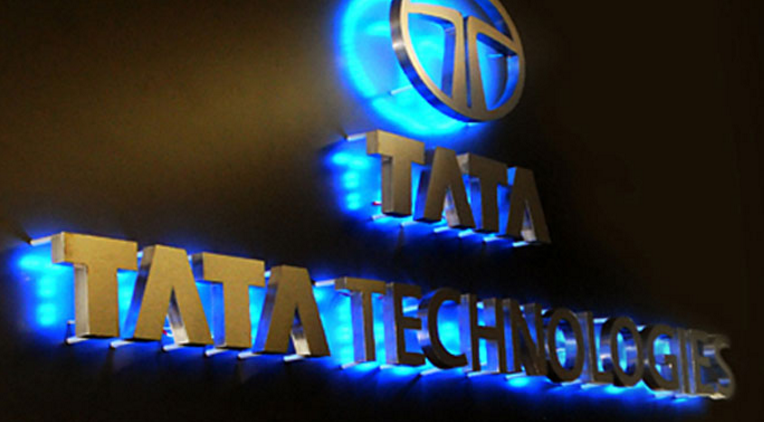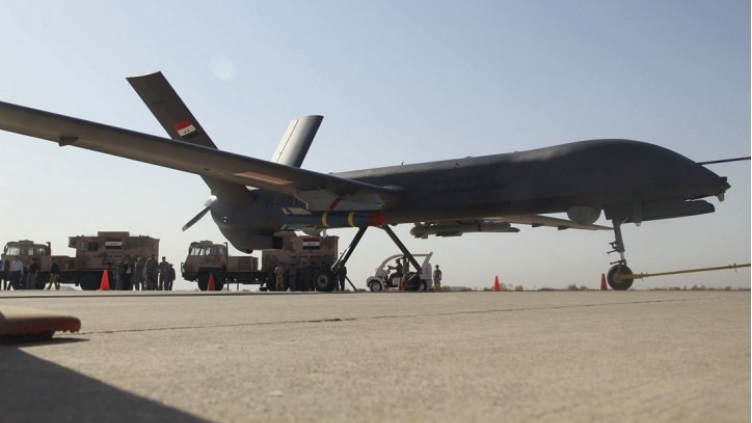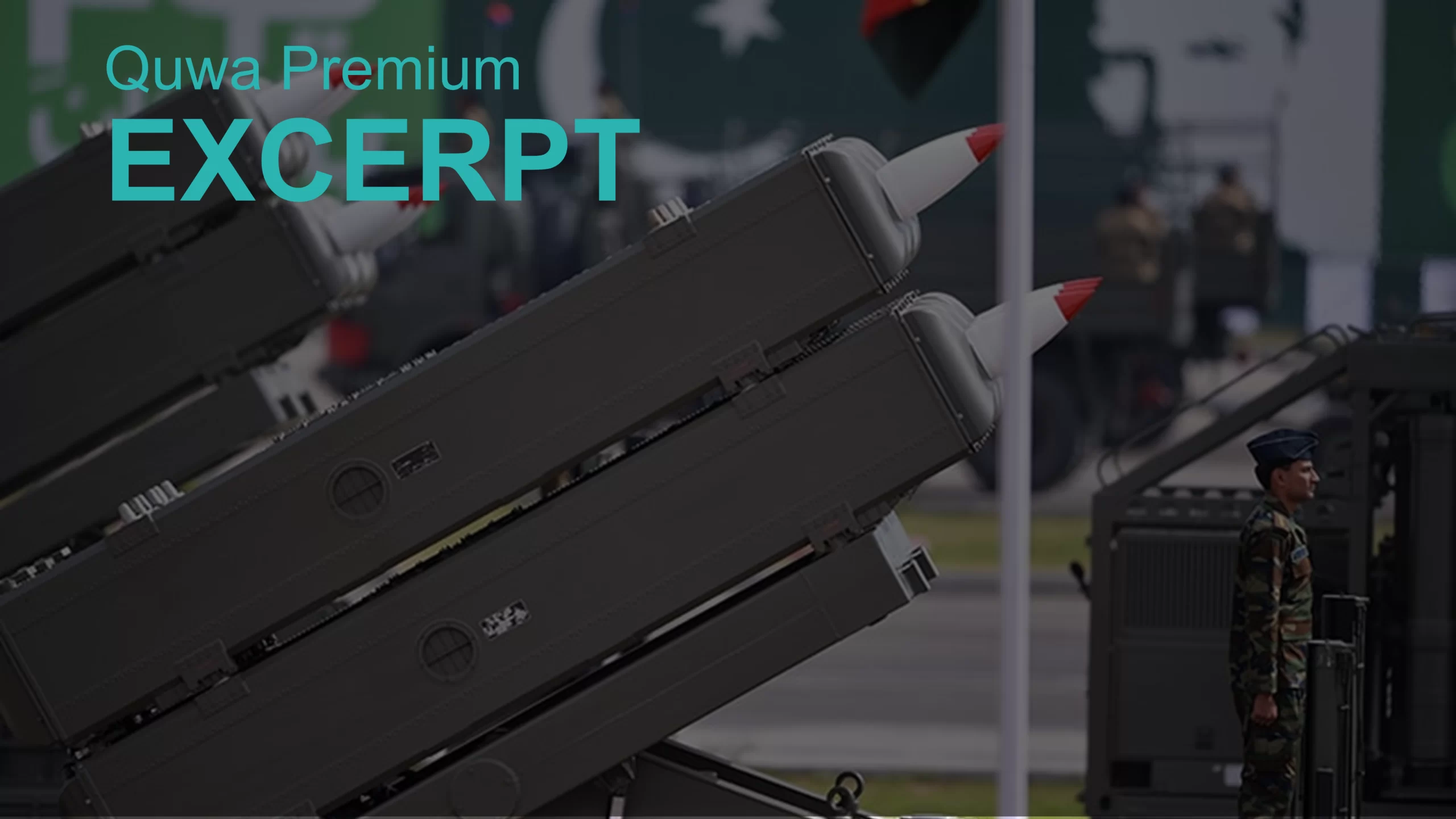2743Views 5Comments

Tata Technologies looks to grow in prominence
Tata Technologies Limited, one of India’s emerging private sector defence giants, is planning to expand in terms of its business functions, value and revenue over the next four years.
In an interview of Defense News, Tata Technologies CEO Warren Harris spoke of his company’s plans to strengthen its position in the American defence supply chain, particularly through targeted acquisitions of secondary and tertiary defence suppliers.
While specific metrics for Tata Technologies’ defence business goals were not given, Harris emphasized the point that the acquisition of suppliers will be an essential ingredient for substantive long-term growth.
Growing in the secondary and tertiary space will be Tata Technologies’ goal in the U.S. market, but the company will strive to become a primary supplier, not only India, but potentially the Middle East as well.
India’s big-ticket arms acquisitions, such as the Rafale, will play a central role in driving Tata Technologies’ growth, particularly through offset programs, which may open the company to not only sub-contracting work, but technology collaboration as well.
Comment and Analysis
A central ingredient in India’s private sector defence growth is the Indian government’s strong push to have its big-ticket defence procurements tied to commercial offsets.
For example, the Indian Air Force (IAF) and Indian Army (IA)’s acquisition of Boeing AH-64E Apache Guardian and CH-47 Chinook helicopters not only includes the helicopters, but a firm commitment on Boeing’s part to defer a proportion of the production work to the Indian private sector.
In turn, not only does a portion of India’s public funds (used to buy arms from Boeing) return to the Indian economy in the form of a stimulus, but if Boeing chooses to link India into its wider supply chain, then the Indian economy could accrue economic gains above the original offset commitment.
In simpler terms, not only would India produce 35% of the IAF and IA’s helicopters, but it could produce an additional 15% of all Boeing components, whether they be for Qatar, the United Arab Emirates, Saudi Arabia, or potentially even Western Europe and the United States.
In fact, Tata Advanced Systems Limited (TASL), another Tata Group entity (alongside Tata Technologies) owes a major amount of its recent growth to these offset agreements. Offsets are contracted to serve a major role in the IAF’s impending Rafale purchase from France as well.
Tata Technologies’ growth via Indian armed forces contracts is to be expected, but the company’s goal to firmly hold a portion of the U.S. defence supply chain is very interesting. Tata Technologies’ ambition will not go unnoticed, especially considering the relatively strong nexus between U.S. policymaking, political representation, and the American defence industry. Sensitivity and entrenched political interests may be major obstacles for Tata Technologies on this front, even at the secondary and tertiary level.
Of course, it would be incorrect to observe the situation in broad strokes. Tata Technologies likely has a clear roadmap of the kinds of secondary and tertiary suppliers it would like to acquire, and will avoid tiring its resources on acquisitions that are unfeasible for political and/or regulatory reasons.
In defence, IT firms and consulting firms could potentially top Tata Technologies’ short-term acquisition list, with non-sensitive manufacturing entities following suit. The acquisition scope will certainly be wider in the civil space, even in aerospace, an area that Tata Technologies is aiming to grow to a considerable extent in the short and medium terms.



5 Comments
by SP
India is going the right way and we need to get out act together soon before the gap further widens with India. Three points GoP needs to keep in mind; a) public sector organisations cannot be as dynamic as private sector organisations b) Government needs to encourage of the Pakistani manufacturing houses to get involved in the defence sector and government needs to create a Pakistani Tata. Tata is now a world class company c) GoP needs to spin off the military run organisations from the military so that they can grow and prosper.
by MT
Tata is decades behind from any sort of competition with west. It has some good companies such as Tata advanced materials,Tata SED:Strategic enggg division, Tata motors(which owns JAguar land rover) but in defence sector they basically want to prove them-self as component/subsystems manufacturer in some fields while their major focus is to become system integrator.
They have decent IP in
1. Radome/refueling probe
2. Composites,alloys and polymers
3. Automation, Sensors
4. C4ISR
5. Fuselage /Airframe manufacturing
6. Combat vehicle,Cranes, Mine Utillty vehicles
7. SAM Launchers
They are going to become credible integrator of FICV-Future infantry combat vehicles over this decade while they continue to make launchers for PINACA,Ballistic missiles & other SAM
The author has already explained their investment in Boeing airframe manufacturing and assembling of Airbus CASA 80 seater aircraft
Tata is 120 yr old company & they comprise of 60-70 companies but software,steel/alloys/comosites, automobiles, precision engines,Machine tools is their focus in defence sector
Pakistan will need to work on grabbing public sector talent into new pvt sector companies But given pakistan close relation with china,you have access to almost all technology India is working on
by Nauman Ali
isnt rafale deal dead?throw some light on mmrca and its current status.
by MT
not dead. final package of rafale being finalised.
final contract signature ll happen over next 45-60days
by HINDOL BANDYOPADHYAY
India should appoint to many more Big companies to include , for making advance Security items , competition with China , with very low cost , by indigenous.